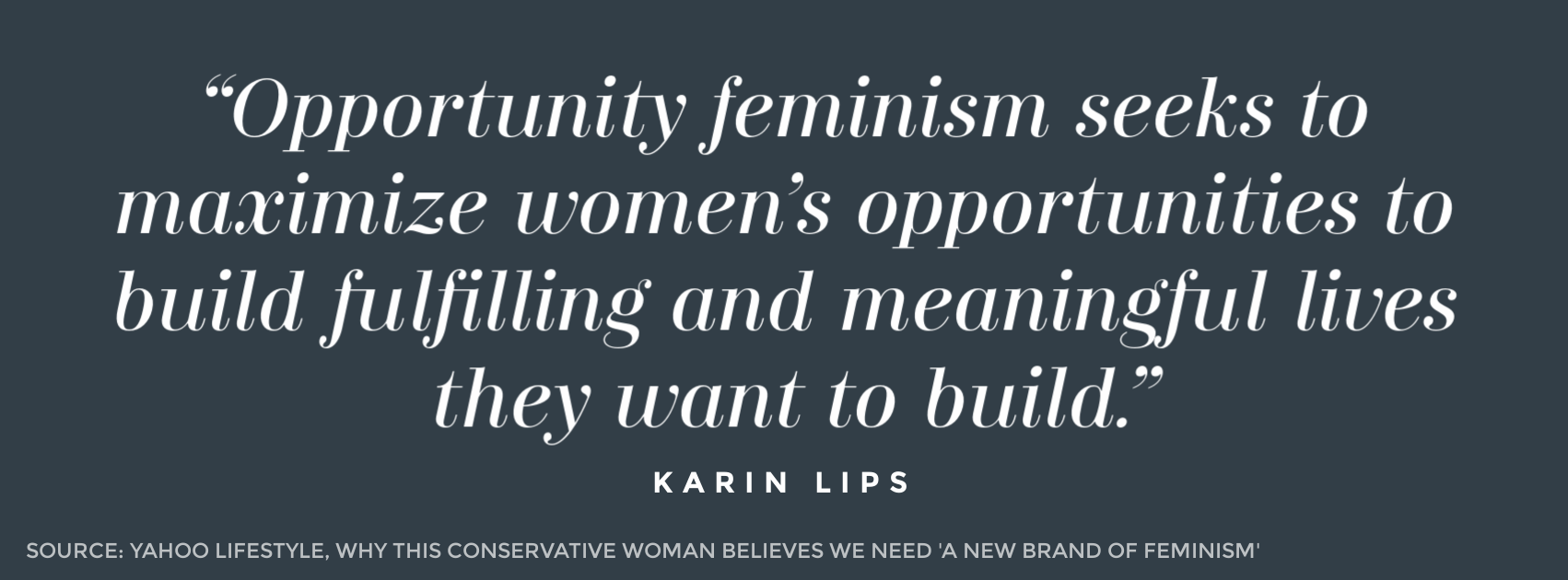Companies Are Offering New Mothers More Perks Without Government Mandates
This article originally appeared in Forbes.
Need help planning a gender reveal party? If you work at Fifth Third Bancorp, a Cincinnati-based banking and financial services institution, your first phone call might not be to your mother, but instead to your employer.
Fifth Third Bancorp provides a maternity concierge service to help expectant employees and those with infants under a year with tasks such as rescheduling a baby shower, ordering birth announcements and picking strollers. The purpose of the program is to help mothers stay and advance in the workplace—Fifth Third Bancorp found that employees who have taken maternity leave in the last 12 months leave the company at almost twice the rate of all women at the firm.
This program may or may not work. But it is a reminder that businesses are increasingly focused on trying to retain good employees, including those employees who may feel overwhelmed with the prospect of combining a job with parenthood or want to take time off to have children. Businesses aren’t just doing this for the PR or to be kind. They believe it’s in their business interest. Attracting and training talent is expensive, so investing in keeping great employees can be good for their bottom line.
Fifth Third Bancorp isn’t alone in offering more and more perks to women, and men, about to have a child. Some of these benefits are pretty creative and focus on easing the challenge of working with a new child at home:
- Johnson & Johnson offers temperature-controlled delivery service for nursing mothers to ship breast milk back home when on work travel.
- Start-up Gusto offers meal delivery and house cleaning.
- Etsy Inc. and Ernst & Young offer parental-leave coaching.
- And Netflix made headlines in 2015 when it announced a new leave policy, allowing new moms and dads to take unlimited leave during the first year after a child’s birth or adoption.
This is all without any federal government mandate requiring that they provide such support to workers.
In his much-anticipated 2018 Budget, “A New Foundation For American Greatness,” President Donald J. Trump prioritizes paid parental leave. The budget includes a proposal for six weeks of paid family leave to new mothers and fathers, including adoptive parents, using the Unemployment Insurance system and calling on states to establish leave programs. Providing paid parental leave was a theme throughout Trump’s campaign, seemingly at the urging of his daughter, Ivanka Trump, a working mother of three.
But before we have a national discussion of how government can help more expectant employees, it’s important to recognize all that businesses are already doing. Even without the requirement that they must provide paid parental leave, the U.S. Census Bureau found that a majority, 56 percent, of full-time working mothers who worked during pregnancy used paid leave before or after the birth of their first child.
And the Family and Medical Leave Act provides certain employees with 12 weeks of unpaid, job-protected leave per year for the birth and care of a newborn or adoption or foster care placement.
The Department of Labor Bureau of Labor Statistics National Compensation Survey found that 91 percent of civilian full-time workers have unpaid family leave, 15 percent have paid family leave, 78 percent have paid sick leave and 87 percent have paid vacation.
Businesses are already increasingly trying to find ways to support workers—but not all businesses are in a position to provide the same level of benefits and there can be real downsides to a one-size-fits-all mandate, which could make it harder for businesses to hire workers or lead to lower pay.
As odd as it might sound to some to have your company reschedule your baby shower, this concierge service shows that many companies are making great efforts to retain mothers in the workforce without a government mandate—and that’s a trend worth celebrating.



